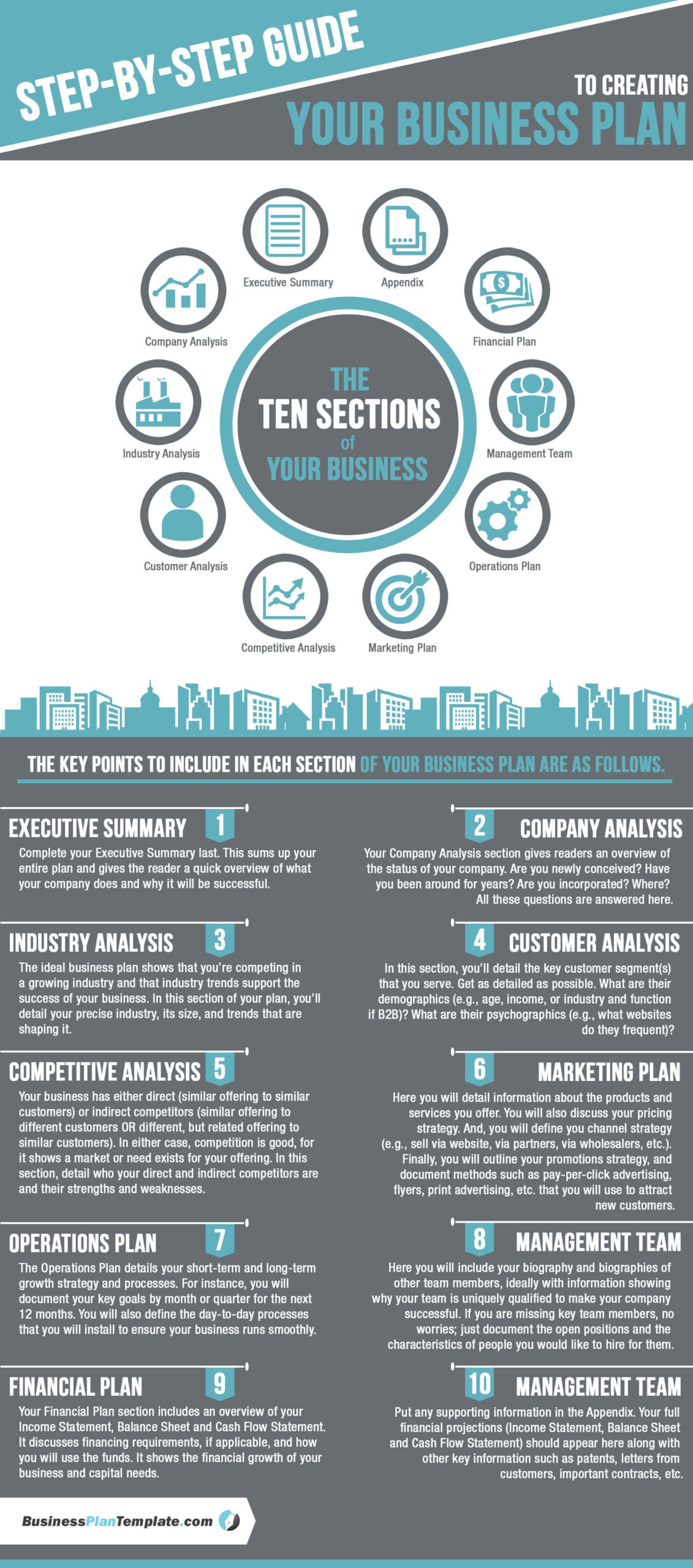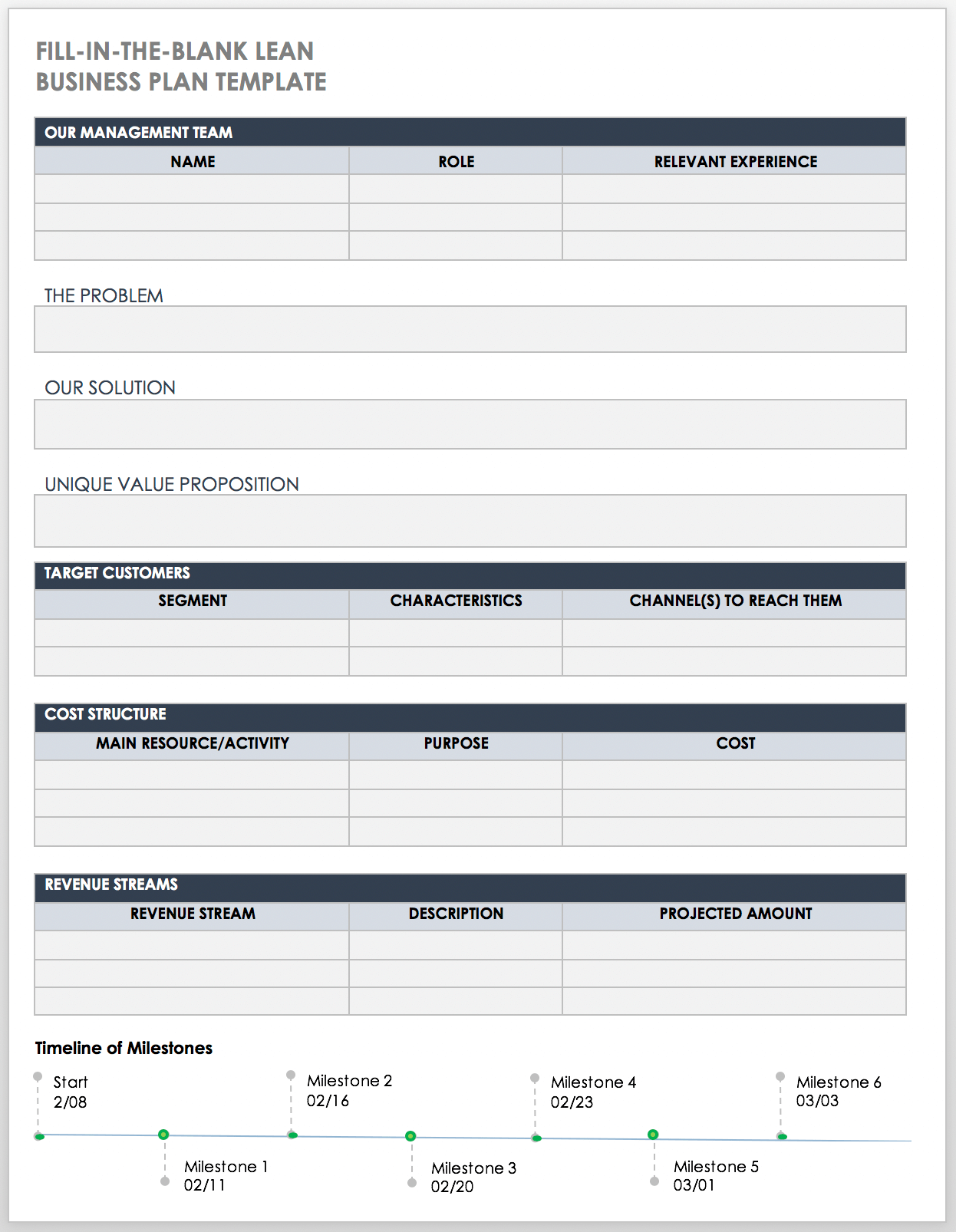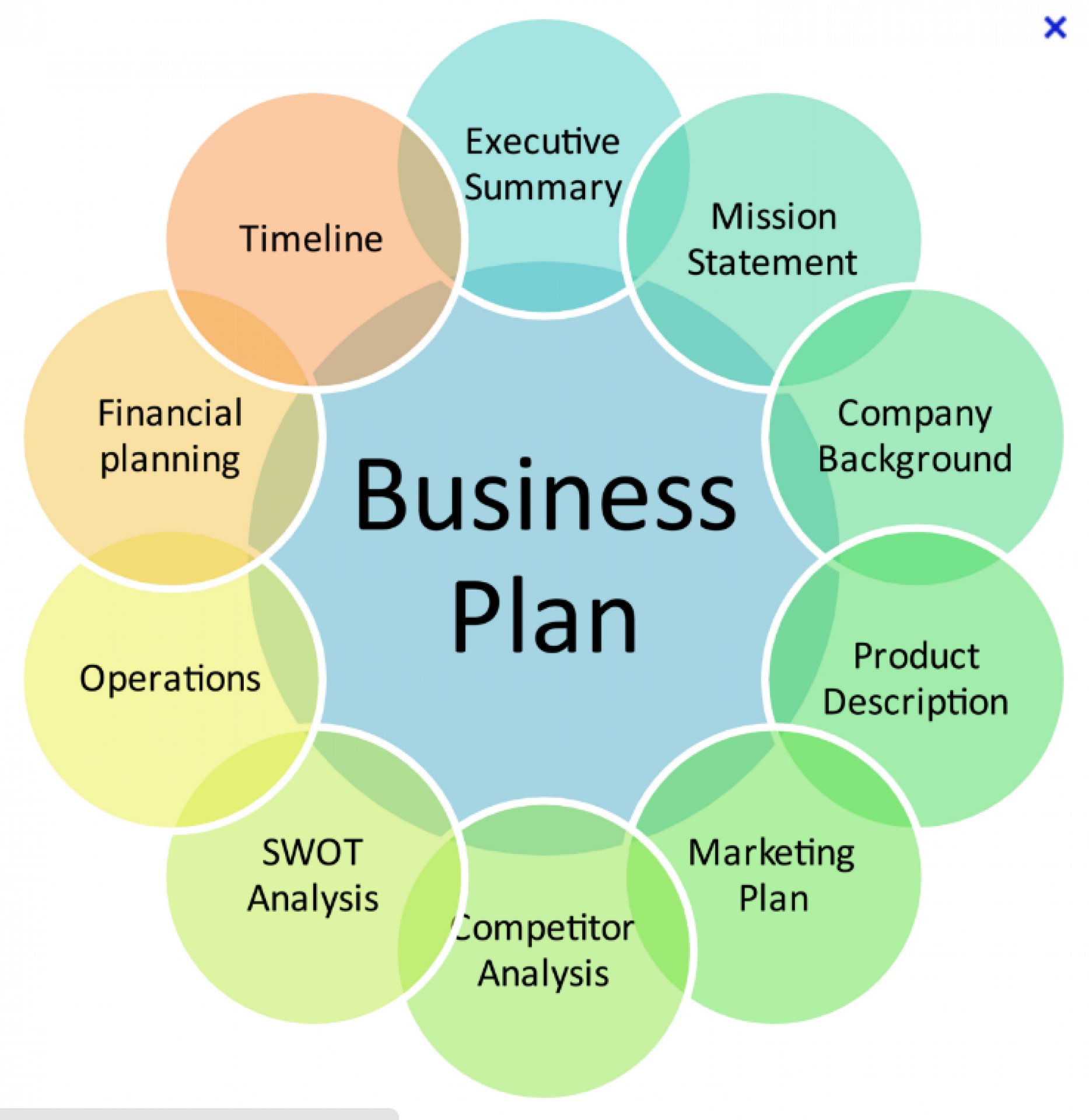
Are you dreaming of launching your own business but feeling overwhelmed by the thought of creating a business plan? Don't worry, you're not alone. Crafting a business plan can seem daunting, but it's a crucial step in turning your entrepreneurial dreams into reality. Think of it as a roadmap that guides you through the startup planning process, helping you navigate the twists and turns of the business world.
In this guide, we'll break down the process of creating a business plan for beginners into manageable steps. By the end, you'll have a clear understanding of how to develop a robust business strategy, conduct a market analysis, and make financial projections. So, let's dive in and turn your business idea into a well-structured plan!
Understanding the Importance of a Business Plan
A business plan is more than just a document; it's your blueprint for success. It outlines your business goals, strategies, target market, and financial forecasts. Whether you're seeking funding, attracting partners, or simply organizing your thoughts, a well-crafted business plan is indispensable.
Step-by-Step Guide to Creating a Business Plan for Beginners
1. Executive Summary
The executive summary is the first section of your business plan, but it's often written last. It provides a concise overview of your entire plan, highlighting key points and summarizing your business idea. Think of it as the elevator pitch that captures the essence of your business in a few paragraphs.
2. Company Description
This section delves into the details of your business. Describe your company, its mission, and the problems it aims to solve. Include information about your target market and the unique value proposition that sets your business apart from competitors.
3. Market Analysis
A thorough market analysis is essential for understanding your industry, target market, and competition. This section should include:
- Industry Overview: Provide an overview of the industry trends, size, growth rate, and key players.
- Target Market: Define your ideal customer. Who are they? What are their needs and preferences?
- Competitive Analysis: Identify your competitors and analyze their strengths and weaknesses. How does your business stand out?
4. Organization and Management
Outline your business structure, ownership, and management team. Describe the roles and responsibilities of key personnel and highlight their qualifications and experience. This section also includes your organizational chart, if applicable.
5. Service or Product Line
Describe your products or services in detail. Explain what they are, how they benefit your customers, and any intellectual property you hold. Discuss your product lifecycle and any plans for future development.
6. Marketing and Sales Strategy
This section outlines your marketing and sales strategies. How will you reach your target market? What marketing channels will you use? Include details about your pricing strategy, sales forecasts, and any promotional activities.
7. Funding Request (if applicable)
If you're seeking funding, this section is crucial. Specify the amount of funding you need, the type of funding you're seeking (e.g., loans, investors), and how you plan to use the funds. Provide a clear breakdown of your financial requirements.
8. Financial Projections
Financial projections are essential for understanding the financial health of your business. Include:
- Historical Financial Data: If your business is already operational, provide historical financial data.
- Prospective Financial Data: Include forecasts for the next five years, such as income statements, balance sheets, and cash flow statements.
- Break-Even Analysis: Determine when your business will break even and start making a profit.
9. Appendix (optional)
The appendix is an optional section where you can include additional documents that support your business plan, such as permits, resumes, letters of reference, and more.
Using a Business Plan Template
A business plan template can be a valuable tool for beginners. It provides a structured framework that guides you through the process, ensuring you cover all essential elements. You can find free business plan templates online from reputable sources like the U.S. Small Business Administration.
Conducting a Market Analysis
A comprehensive market analysis is the backbone of your business plan. It helps you understand your industry, identify your target market, and analyze your competition. Tools like Google Trends and Statista can provide valuable insights into industry trends and market data.
Making Financial Projections
Financial projections are critical for assessing the viability of your business. They help you forecast future income and expenses, allowing you to make informed decisions. Use tools like QuickBooks or Xero to create accurate financial projections.
Conclusion
Creating a business plan for beginners doesn't have to be overwhelming. By breaking it down into manageable steps, you can turn your business idea into a well-structured plan that guides you through the startup planning process. Remember, a business plan is a living document that evolves with your business. Regularly review and update it to reflect changes in your market, strategy, and financial projections.
Now that you have a clear roadmap, it's time to take action. Start with the executive summary and work your way through each section. Before you know it, you'll have a comprehensive business plan that sets you on the path to success.
FAQs
1. What is the purpose of a business plan?
A business plan serves as a roadmap for your business, outlining your goals, strategies, target market, and financial projections. It helps you organize your thoughts, secure funding, and attract partners.
2. How long should a business plan be?
The length of a business plan can vary, but a typical plan is around 15-20 pages. The key is to be concise and clear, providing enough detail without overwhelming the reader.
3. Do I need a business plan to start a business?
While it's not legally required, a business plan is highly recommended. It helps you think through your business idea, identify potential challenges, and plan for success.
4. How often should I update my business plan?
A business plan is a living document that should be reviewed and updated regularly. Aim to update it at least once a year or whenever there are significant changes in your business or market.
5. What tools can help me create a business plan?
There are numerous tools available to help you create a business plan, including business plan templates, market analysis tools like Google Trends, and financial projection tools like QuickBooks and Xero.


With this guide, you're well-equipped to create a robust business plan that sets your startup on the path to success. Happy planning!
Posting Komentar